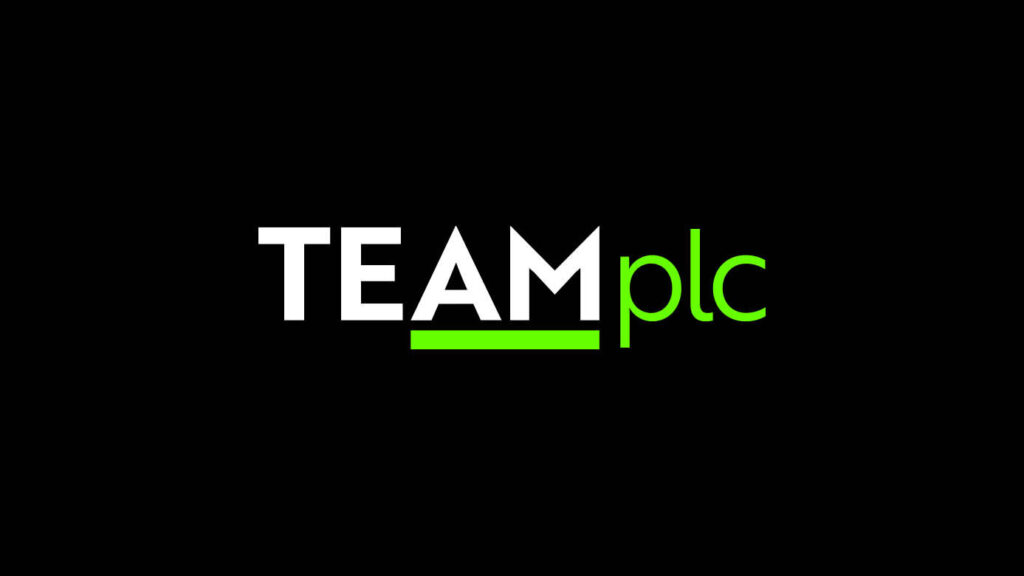September began with markets showing a familiar pattern of concern, similar to what occurred in August. Investors were troubled by the struggling US labour market and the high valuations of certain technology stocks. Both the S&P 500 and Nasdaq indices saw notable declines, falling by 3.1% and 4.7%, respectively.
The recent market downturn was reminiscent of the sell-off triggered by disappointing job data in early August. Although subsequent economic releases eased fears of an imminent recession, weaker than expected employment reports have heightened concerns about an economic downturn. The latest data from the Job Openings and Labour Turnover Survey (JOLTS) showed a significant drop in job vacancies to 7.7 million in July, the lowest since January 2021. This was followed by underwhelming ADP and Nonfarm payroll reports for August, suggesting a further softening of the jobs market.
In addition to the US labour situation, investor sentiment has been dampened by the slowdown in China. Confidence in China’s economic outlook is waning, with doubts over whether policymakers in Beijing can meet their 5% growth target for the year. The country’s extended property slump has negatively impacted consumer demand, and key industrial metals like copper and iron have seen price drops. Goldman Sachs recently revised its prediction for copper, lowering the expected price from a record $15,000 per tonne to $10,100 due to the weak property sector. Iron ore also fell to a two-year low, priced at $87 a tonne.
Oil prices have not been immune to these concerns, particularly given China’s importance as the world’s largest importer of crude. Brent crude oil dipped to $71 a barrel, its lowest point since November 2021. While geopolitical tensions in the Middle East have traditionally supported oil prices, the current market focus is more on demand. Even OPEC+’s decision to extend production cuts had little effect on pricing.
In corporate news, Nvidia, a major player in the AI sector, saw its shares drop by 14% after the US Justice Department launched an investigation into potential anti-competitive practices. The company has been accused of penalising customers who do not exclusively use its AI chips, leading to concerns about its market dominance. Despite this recent dip, Nvidia’s stock has still more than doubled since the start of the year.
Apple also made headlines with the anticipated launch of its iPhone 16, which CEO Tim Cook described as designed specifically with AI in mind. However, the market reaction was subdued, with some analysts questioning whether the new features are enough to drive consumer demand for an upgrade.
Looking ahead, investors will be turning their attention to central banks for signs of market relief. The European Central Bank (ECB) is expected to announce a 0.25% interest rate cut to 3.5%, with inflation in the Eurozone continuing to slow. The focus will be on ECB President Christine Lagarde’s press conference, as it may provide insights into the future path of interest rates.
TEAM plc (LON:TEAM) is building a new wealth, asset management and complementary financial services group. With a focus on the UK, Crown Dependencies and International Finance Centres, the strategy is to build local businesses of scale around TEAM’s core skill of providing investment management services.


